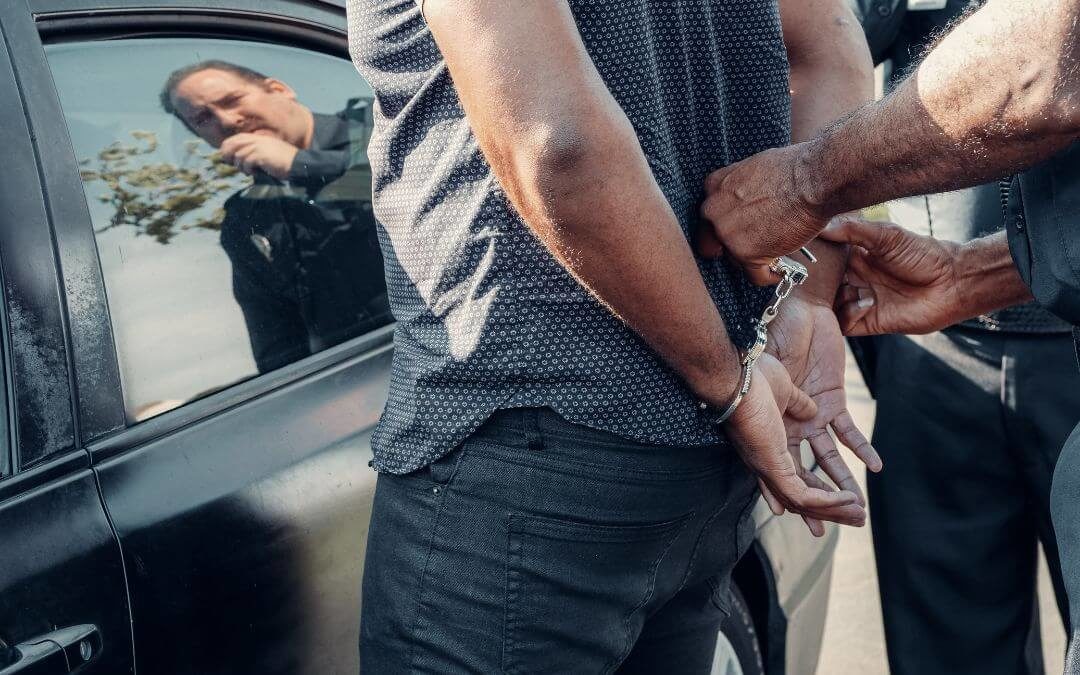If you or a loved one is facing criminal charges, it’s in your best interest to seek legal counsel immediately. Even seemingly minor crimes can still result in a criminal record and harsh sentences, and having a record can haunt you for years, limiting your life, from where you work to where you live.
The reality is, when it comes to criminal defense, not all lawyers are created equal. The outcome of your case is largely dependent on having the right lawyer fighting for you. A Google search turns up thousands of results. All claiming to be the right attorney for you. So, how do you know who to choose?
Although the nature and severity of the alleged crime will factor heavily into how your case is handled, any person who is charged with a crime should ensure that their lawyer meets all of the following criteria.
1. Experience with the Charges You are Facing
Hiring an attorney who specializes in white collar crimes may not be the best choice to fight your sexual assault charge. Criminal law is complex and ever evolving, so it’s essential to work with a lawyer who has extensive experience in the specific crime with which you’ve been charged.
Do your homework and hire a lawyer who has a deep understanding of exactly what you’re going through.
2. Comfortability
Most law firms offer a free initial consultation. I recommend taking advantage of it. This will give you the opportunity to ask questions and see how you interact together. Personal chemistry is an underrated, yet very important factor when choosing legal representation. If you don’t feel comfortable with your lawyer, the legal process is going to be unnecessarily long and painful, and the outcome is less likely to be favorable.
The best lawyer-client relationships are collaborative. When you trust your lawyer, the relationship becomes more of a partnership, and the chances of a successful outcome increase dramatically.
Use these questions as a guide to determine if the lawyer you’re interviewing is right for you.
- Am I comfortable talking openly to them?
- Does my lawyer explain things in a way that I can understand?
- Does my lawyer seem genuinely concerned about me and the outcome of my case?
- Does my lawyer seem trustworthy?
- Does my lawyer appear confident?
3. Word of Mouth and Online Reviews
One of the best ways to find a good defense lawyer is word of mouth. If you know someone who has been in a similar situation, ask who they used for legal counsel and if they were happy with their results. However, just because a lawyer was a good fit for someone else, doesn’t make them a good fit for you. So, don’t just take a name and run with it. Make sure you have the consultation, then do some online digging. With the wealth of information available on the internet, there is no excuse to not do your homework.
Choosing the right defense lawyer may be one of the most important decisions you will ever make. Check the state bar association website to see if the lawyer has a record of formal discipline, and search for reviews on Facebook and Google.
IMPORTANT TIP: Although reviews can assist in guiding you, they should not be taken as the deciding factor in your end decision.
One bad review shouldn’t necessarily keep you from working with a particular lawyer, but several bad reviews should be a clear red flag. The same goes for good reviews. Just because a lawyer has 2,000 good reviews and another has 200, doesn’t mean one lawyer is better than the other. A criminal case is a personal and private matter that a lot of people don’t feel comfortable sharing with the world. So, don’t let a lack of reviews stop you from scheduling a consultation either.
4. Courtroom Confidence
If your case moves to trial, you want to know that your lawyer has confidence in the courtroom. In addition to specifically asking about courtroom experience, a lawyer’s appearance and demeanor can give big clues as to how they will perform in a courtroom. If they are neatly dressed, well spoken, and confident, these characteristics will bode well in a courtroom setting.
On the other hand, if a lawyer appears nervous or disheveled, their arguments may be less convincing to a judge and jury. As with most things, exceptions exist, but confidence is generally the hallmark of any successful trial lawyer.
It is also important that your lawyer can take direction from you. Although they will control certain aspects of your case, like filing motions and calling witnesses, the big decisions, like whether to plead guilty or go to trial, or whether to try to make a deal, are YOUR call. Look for an attorney who takes the time to get to know you and your goals, and who actively integrates your input into the legal strategy.
5. Listen to Your Gut
At the end of the day, trust your instincts. If something feels off, don’t be afraid to walk away. Remember, you are interviewing the defense lawyer, not the other way around. Ultimately, this is your battle to fight, and you need the right lawyer by your side if you’re going to win.
If you or a loved one is facing criminal charges and in need of an experienced criminal lawyer, please contact Nathan Akamine.





